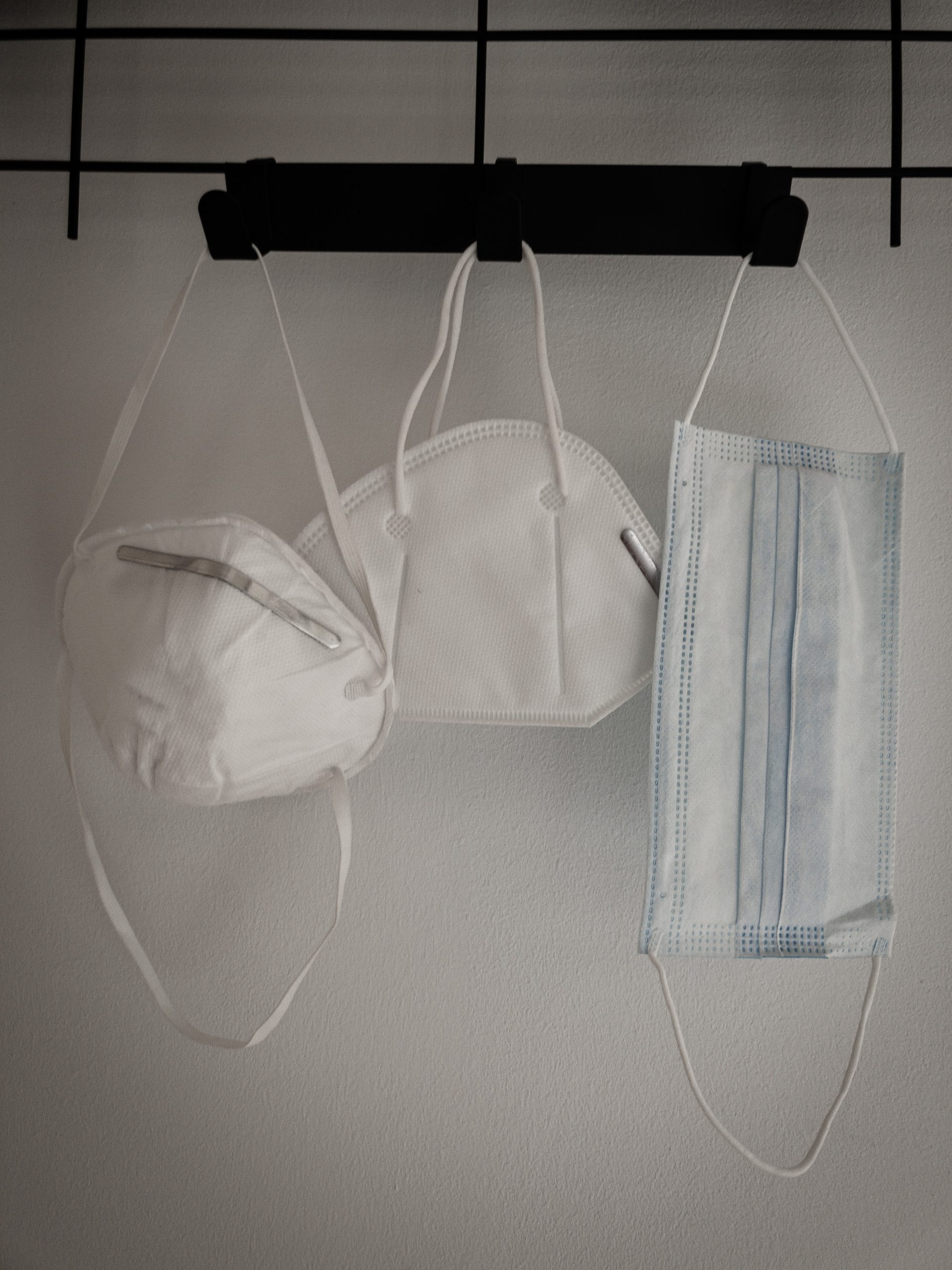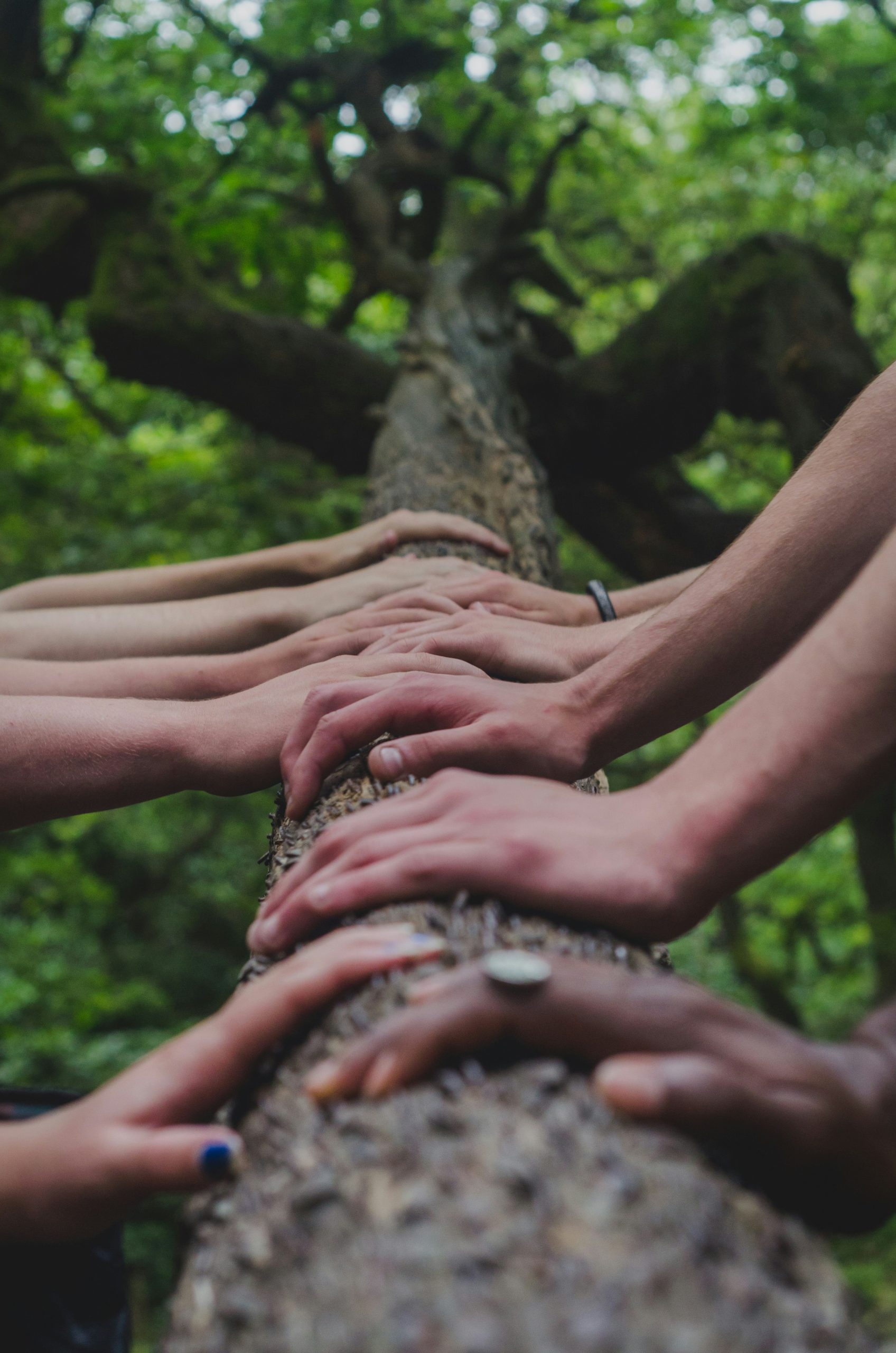The COVID-19 pandemic and its subsequent social isolation and economic recession have negatively affected people of all ages’ overall mental wellbeing and created new barriers for those already suffering from certain mental illnesses. Stress and anxiety are very normal responses to the uncertainty of our current circumstances, but they aren’t the most ideal companions on this frightful journey. So how do we cope with such feelings? How do we improve our pandemic mental health?
Alongside the very real fear of contracting the coronavirus; of getting swept up in a seemingly continuous loop of sudden lockdowns are the significant changes to our daily lives. The struggle to contain and slow down the spread of COVID-19 has restricted our movements. We’re now coming face to face with a world of new realities. It is therefore sorely important that we take the time to look after both our mental and physical health.
Social Media and COVID-19
Social media has played a significant role during the ongoing pandemic. It has enabled people to share news (good or bad), personal experiences, humorous takes, and unique viewpoints with one another in real-time, and on a more global scale. But the unlimited power of our favorite social media platforms no doubt has its downsides too. A result of the constant browsing, forwarding, and sharing of information related to the virus, is the newfound reign of fake news, and misinformation on a gross majority of our best-loved social media sites.
Pandemic, Infodemic
In our honest attempts to better understand the pandemic, we inadvertently had a hand in its transformation into a so-called “infodemic”. Instead of becoming better equipped to protect ourselves and our families from the adverse effects of the pandemic, it seems the uninterrupted stream of unverified information only heightened pre-existing feelings of anxiety and stress. Furthermore, the aftereffects of such unreliability merely add to the growing weariness of social media in general. A development that simultaneously aligns with, and divulges from, our overall pandemic mental health.
The Rise of SMF
The constant flow of (mis)information, the aimless switching between apps, and a growing sense of loneliness are all causing us unrest. Many of those who sought refuge in their most-liked social media apps, and found themselves comforted by the accessibility of the internet, soon felt overwhelmed by the overburdening stream of data. Experts coin this phenomenon Social Media Fatigue (or SMF). It is closely related to our social life and general well-being. It’s rooted in an inability or rather a lack of desire, to continually follow up on our online lives due to exhaustion. SMF has been on the rise since the very birth of the COVID-19 pandemic, and with the situation not looking much better a whole two years later, it’s essential to discuss ways to combat this beast. The following are a few basic pandemic mental health tips for this tough time:
#1 Remember to breathe
Most of us carry a lot of tension in our bodies and it is not always that we remember to let go of it. Carve out some time in your busy schedule to relax, and ease the tension in your shoulders. Take a few deep breaths. Slow breathing is one of the best ways to lower overall stress because it tells your brain to relax your body.
#2 Keep to a healthy routine
It’s relatively easy to get caught up in an otherwise terrible sleeping schedule. Especially, when most of your days are starting to bleed into each other. But maintaining a routine despite the uncertainty of our situation is vital to our well-being. Try to wake up and go to bed at a similar time every day. And fill your waking hours with meaningful or fun activities.
#3 Connect with your loved ones
The continuous shutdowns have all of us feeling a little lonely. So don’t isolate yourself further by fully withdrawing from your friends and loved ones. Whether you’re a face-to-face kind of person, or strictly virtual. Do take the necessary time to connect with those closest to you. Luckily, there’s a world of safe options out there, so utilize those best fit for your circumstances.
#4 Unplug when need be
Don’t get too caught up in whatever grim news might pop up on your phone during this time. Staying in the loop is important considering the magnitude of the current situation, but it shouldn’t be at the expense of your mental health. Use social media however you see fit and do take a break if it all gets to be too much.



